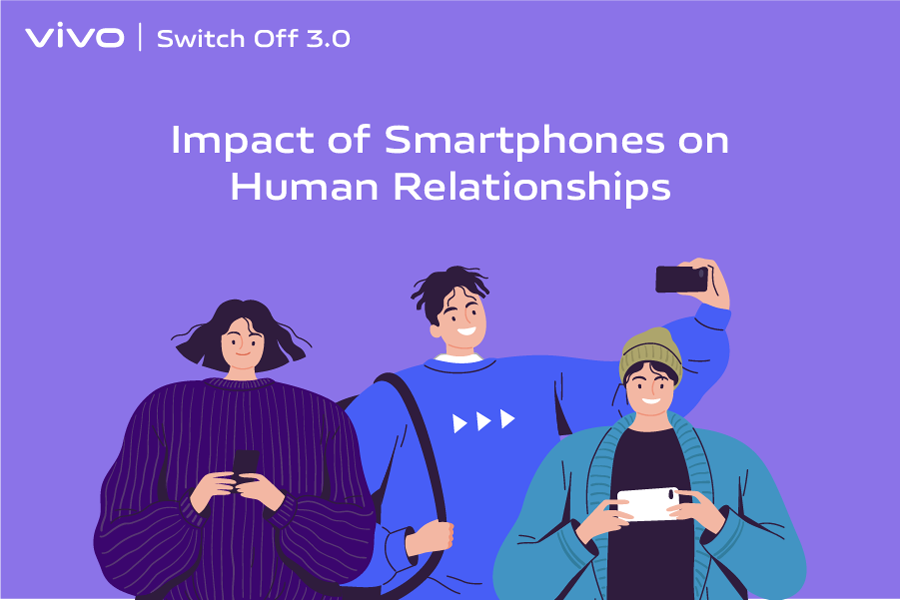
vivo's 'Switch Off' 3.0 – Bringing Joy to Relationships This New Year
This is a special feature as part of the #SwitchOff campaign, an initiative by vivo India in partnership with Forbes India and CNBC-TV18
 It is now impossible to imagine our day-to-day lives without smartphones. Whether it be for business, communication, information, or entertainment, smartphones are becoming an inevitable and integral part of our daily routine. With this growing significance, smartphones have also had an impact on human relationships, especially post-pandemic. Some may not realize this, but smartphones have adversely affected our relationships with every person around us, including our parent-child relationships.
It is now impossible to imagine our day-to-day lives without smartphones. Whether it be for business, communication, information, or entertainment, smartphones are becoming an inevitable and integral part of our daily routine. With this growing significance, smartphones have also had an impact on human relationships, especially post-pandemic. Some may not realize this, but smartphones have adversely affected our relationships with every person around us, including our parent-child relationships.
Taking this into account, vivo, a global smartphone brand, recently launched the third edition of the #SwitchOff campaign featuring a thought-provoking video that illustrates how parents are losing out on being present for their children. The campaign was developed as a result of the vivo-CyberMedia Research (CMR) study. The study titled ‘Impact of Smartphones on Human Relationships 2021’ underlines that while 84% of people believe that smartphones help them keep in touch with family, stay productive, and enhance their quality of life, there are 74% of parents who admit that their excessive use of smartphones has hurt their relationship with their children.
Impact of Smartphones on Human Relationships 2021
vivo, recently announced the results of the third edition of its study titled 'Impact of Smartphones on Human Relationships 2021'. Tasked with exploring how excessive use of mobile devices by both kids and their parents affects children's behavior, the study focuses on parent-child interactions. The study, conducted in association with Cybermedia Research (CMR), showcases the impact of smartphones on users and its effect on relationships with a unique focus on the behavioral impact on children due to excessive use of mobile devices both by kids and their parents.
This study discusses the various trends, patterns, and characteristics of smartphone usage, especially post-Covid, and examines how the habits of customers have changed. Comparatively to the pre-Covid period, time spent on smartphones has increased by 32%. Customers say they now spend an average of 6.5 hours a day on their smartphones.




